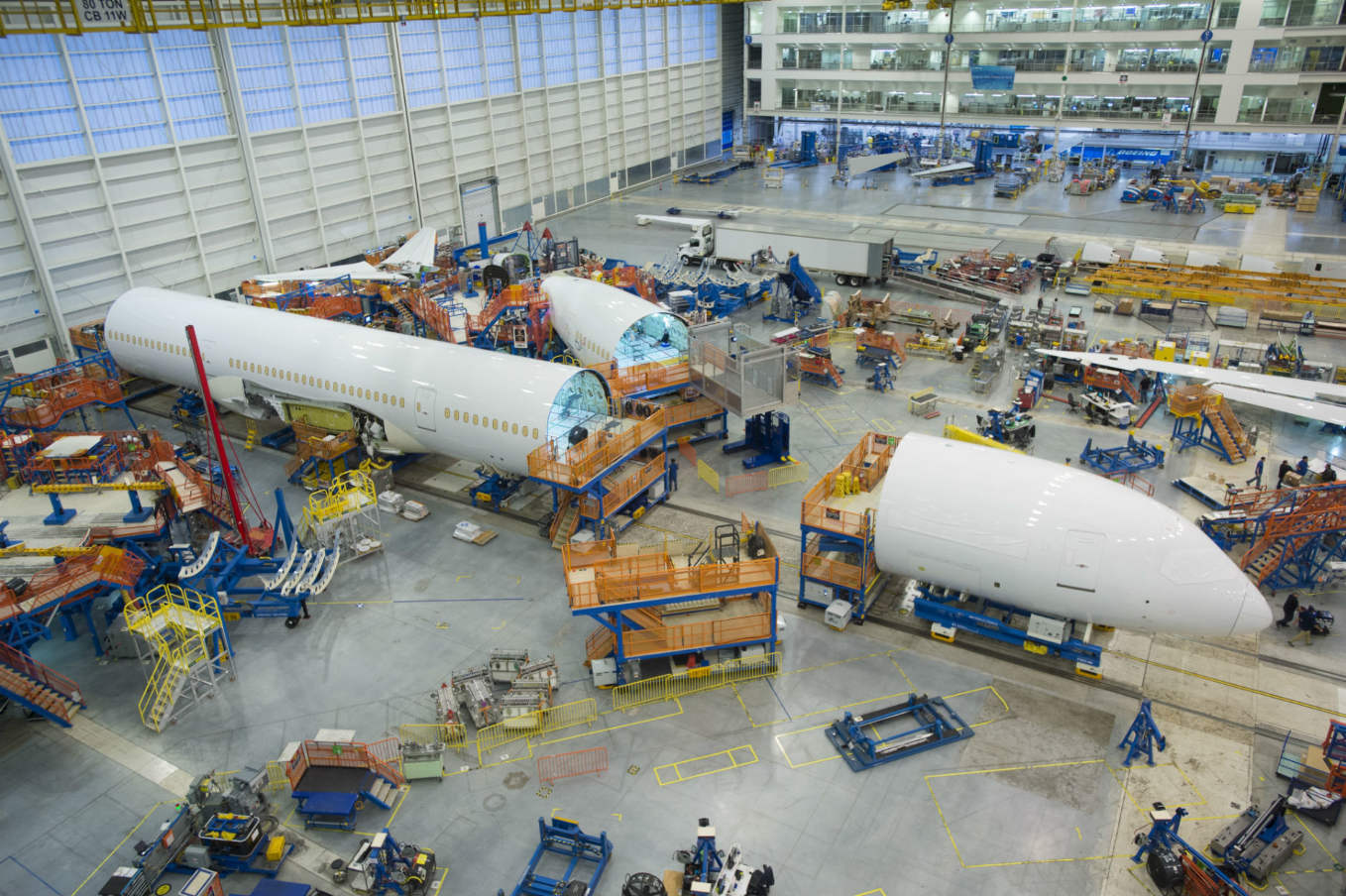Daher has signed a multi-year contract to provide thermoplastic composite structural parts for the Boeing 787, as it seeks to boost North American sales.
Daher has signed a multi-year contract to provide thermoplastic composite structural parts for the Boeing 787, the company’s first-ever production contract with Boeing.
As part of its recently announced five-year strategic plan, “Succeed Together”, the company is aiming to boost sales in North America, which are targeted to account for one-third of total sales by 2022.
Deliveries and installation of these elementary structural parts will begin in 2018, replacing existing components currently manufactured using the more traditional thermoset composite materials that have been employed by the aviation industry for 30-plus years.
The French company — which builds the TBM family of single-engine turboprops — has been producing thermoplastic composite aircraft components since 2010, using its expertise in automation and robotics to optimise the manufacturing processes. It believes that thermoplastic composite technology holds significant promise in further driving down the aviation industry’s costs of manufacturing aerostructures.
Daher’s production facility at Nantes, France has received Boeing approval as a qualified supply source for thermoplastic composite parts.
Daher underlines that thermoplastic composites are less subject to many of the production environment constraints with thermoset composite materials – such as limited shelf-life, the necessity for cold storage, and requirements for clean room conditions during manufacturing.
Parts made from thermoplastic composites also are more resilient, and provide recycling potential not possible with other materials. Additionally, the curing of thermoplastic matrices uses heat and pressure in very short cycles, responding to the faster production times sought by the aerospace industry today.

